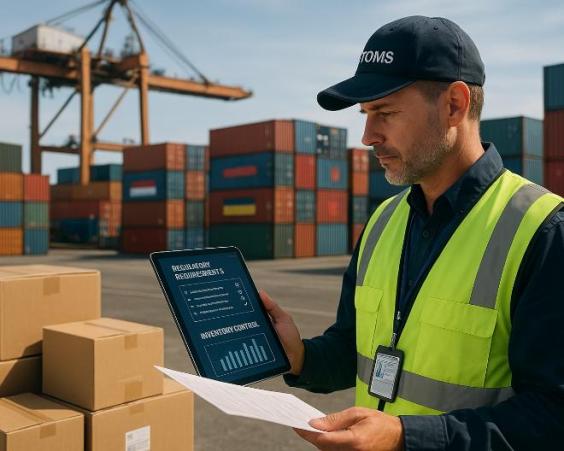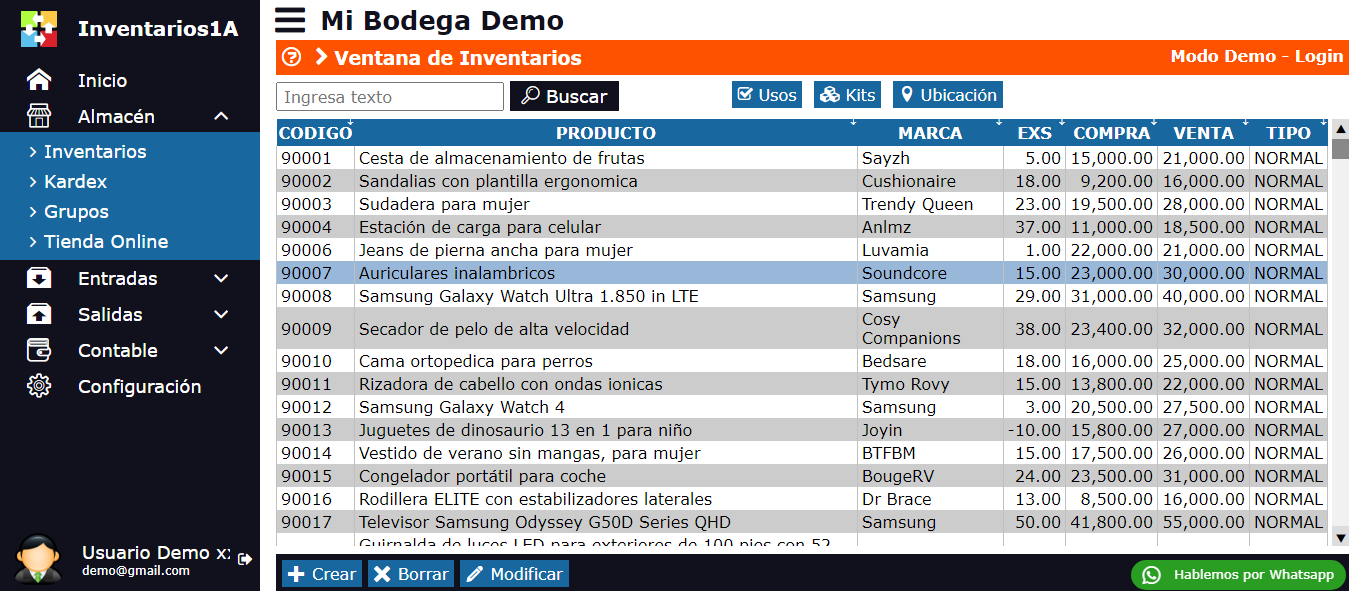Inventory and Regulatory Compliance in Exports: International Customs Requirements.
Inventory and Regulatory Compliance in Exports: International Customs Requirements
In today's globalized world, exports are a fundamental part of many countries' economies. However, for companies to fully exploit export opportunities, it is essential that they comply with international customs requirements and maintain an accurate and up-to-date inventory. In this article, we will explore the importance of inventory and regulatory compliance in exports, and the international customs requirements that companies must meet.

The Importance of Inventory in Exports
Inventory is a critical component of any business that engages in export. An accurate and up-to-date inventory allows companies to:
- Control the quantity and value of products in stock: This is essential to avoid overproduction or underproduction, and to ensure that customer orders are fulfilled efficiently.
- Reduce costs and improve efficiency: A well-managed inventory can help companies reduce storage and handling costs, and improve efficiency in the supply chain.
- Improve customer satisfaction: An accurate and up-to-date inventory allows companies to fulfill customer orders quickly and efficiently, which can improve customer satisfaction and loyalty.
Regulatory Compliance in Exports
In addition to maintaining an accurate and up-to-date inventory, companies that engage in export must also comply with a variety of regulatory requirements. Some of the most common requirements include:
- Customs declarations: Companies must submit accurate and complete customs declarations for each shipment that is exported.
- Product labeling and marking: Companies must label and mark products in a way that complies with international customs requirements.
- Certificates of origin: Companies must obtain certificates of origin for products that are exported, which can help demonstrate that the products comply with international customs requirements.
International Customs Requirements
International customs requirements vary depending on the country of destination and the type of product being exported. Some of the most common requirements include:
- Harmonized System (HS): The HS is a product classification system used worldwide to classify products that are exported.
- Barcodes: Companies must use barcodes to identify products that are exported.
- Safety labels: Companies must label products in a way that complies with international safety requirements.
Conclusion
In summary, inventory and regulatory compliance are essential for companies that engage in export. An accurate and up-to-date inventory allows companies to control the quantity and value of products in stock, reduce costs and improve efficiency, and improve customer satisfaction. Additionally, companies must comply with a variety of regulatory requirements, including customs declarations, product labeling and marking, and certificates of origin. By complying with these requirements, companies can ensure that their exports are successful and comply with international customs requirements.





